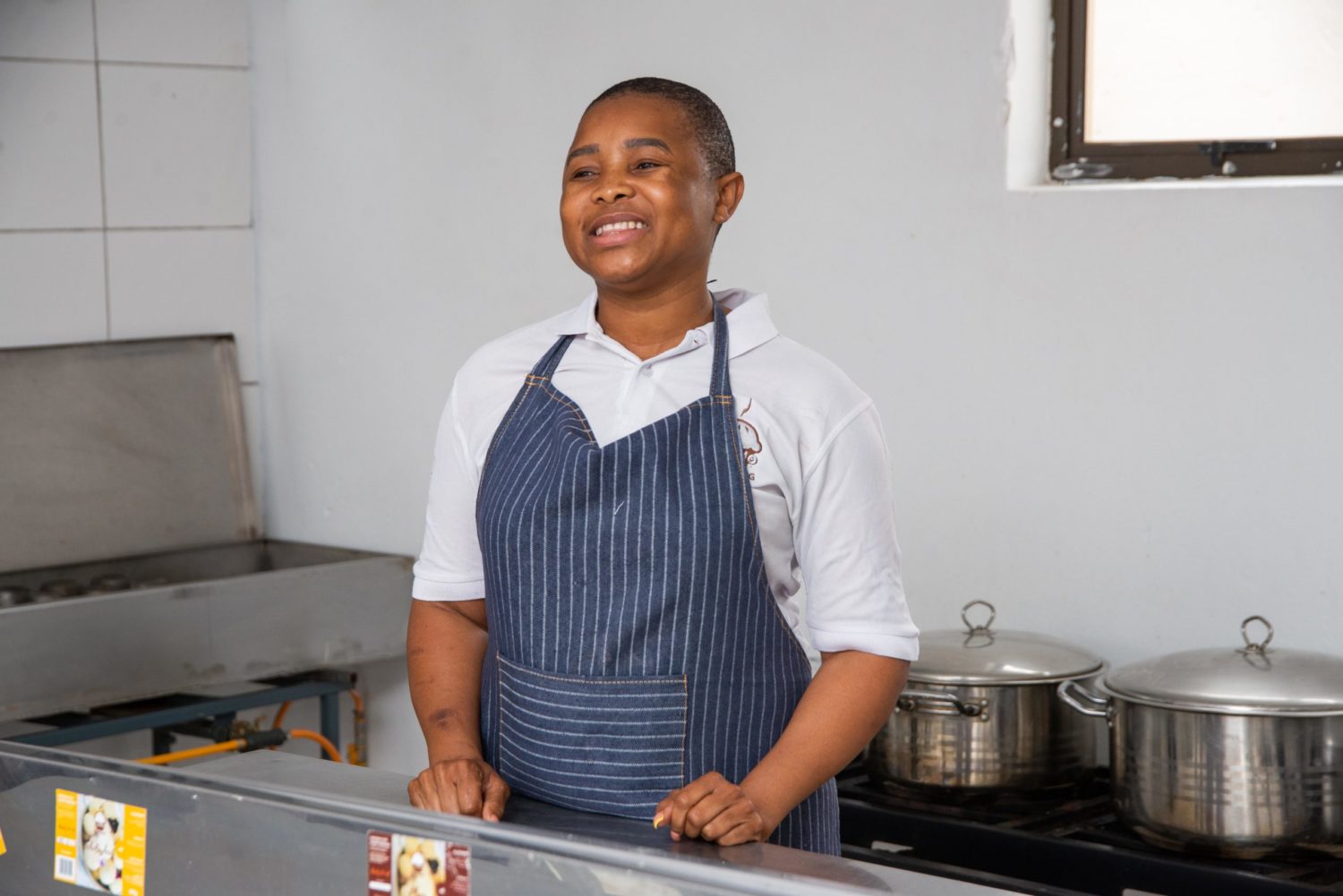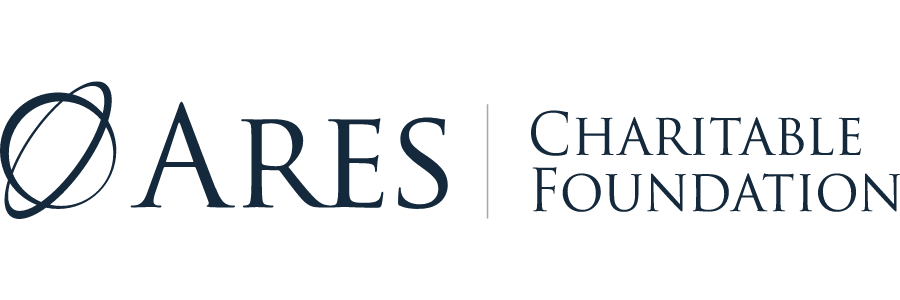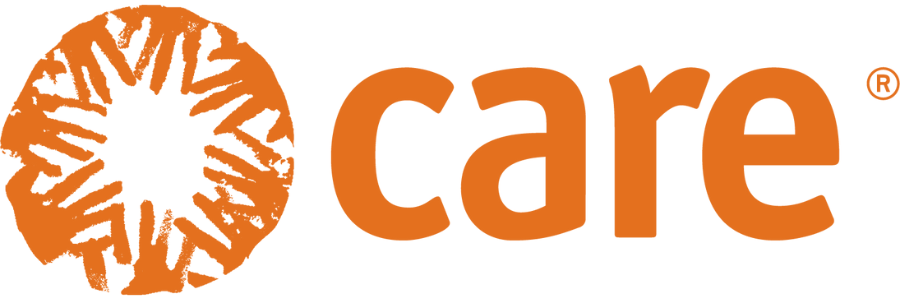Tackling unpaid care work for women’s economic justice
We're working with CARE International UK to support women entrepreneurs by shaping policy on unpaid care work.

Care and domestic work are vital to our economies and societies. It is estimated that unpaid care work adds $10.8 trillion USD to the global economy each year, equivalent to 9% of global GDP. This work is disproportionately carried out by women and girls. Even before the pandemic, women already spent about three times as many hours on unpaid domestic and care work as men. The pandemic has increased these workloads—both for women and men—but it is women who are still doing the lion’s share.
The Cherie Blair Foundation for Women’s report ‘Women Entrepreneurs: Surviving the Pandemic and Beyond’ shows that 78% of the women entrepreneurs surveyed reported that COVID-19 has had an impact on the roles and responsibilities in their household.
One of the factors fuelling unpaid care is gender stereotypes and social norms. These affect the views and values relating to care work and contribute to the gendered division of care at the household, community, and global level. The Foundation’s November 2021 report ‘Gender Stereotypes and Their Impact on Women Entrepreneurs in Low and Middle Income Countries’ shows that the most common gender stereotypes that women entrepreneurs surveyed had experienced in childhood related to the behaviour or division of domestic labour, particularly that women should be taking care of children or men should be the main providers of the household. Almost half (49%) of respondents also reported that family members or friends have told them to focus more on family or children.
Much of the care work and responsibilities become the sole responsibility for women. This makes it harder for women to participate in economic activities that will benefit them and their families.
Despite the critical contribution of care and domestic work to our societies, economies and wellbeing, care work has been undervalued across the world. Inequity in unpaid care is one of the biggest structural barriers to women’s economic justice. This affects women’s everyday lives in multiple ways, including undermining their economic rights and opportunities like accessing and pursuing education, formal employment, entrepreneurship, and leadership. Because of this, CARE International UK, together with civil society and women’s rights organisation partners, has been calling on decision makers to invest 10% of public budgets in care and social services and create 80 million decent care jobs as first steps to address inequity in unpaid care.
In order to influence the UK government and global policymakers to fulfil their commitments to women and girls and on women’s economic justice, we are now working with CARE International UK on an exciting 12-month project, with support from the Ares Charitable Foundation. Through evidence building, analysis and storytelling, we will look into solutions of overcoming inequalities in unpaid care, and how building a caring economy—in line with the 5R framework for decent care work and by recognising care as a right—can foster women’s entrepreneurship and economic justice.
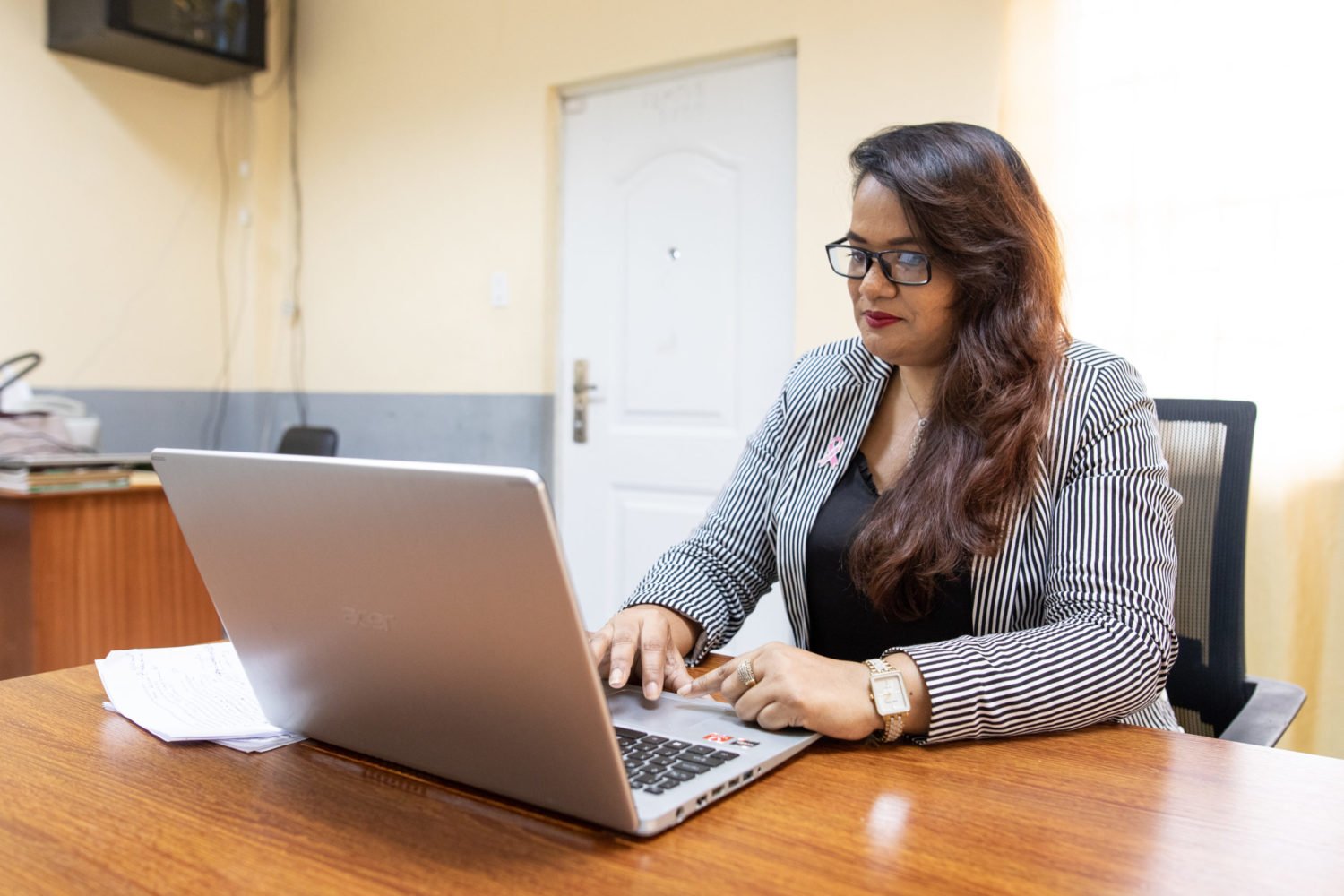
We will draw together a briefing on best practices and concrete examples of projects, policies, campaigns or other interventions that have enabled women entrepreneurs in low and middle income countries and in the UK to address inequity in unpaid care work. These could be policy interventions or laws that have helped to recognise and reward women entrepreneurs’ care and domestic work, or campaigns to change social norms or gender stereotypes that affect the gendered division of unpaid care work. The examples could also link to building new/quality care infrastructure or technology that have supported women entrepreneurs in the are of care.
The unpaid care work briefing will launch in summer 2023. To stay up-to-date with this project and the briefing as it progresses, please sign up to our monthly e-newsletter.
Learn more about our advocacy work
-
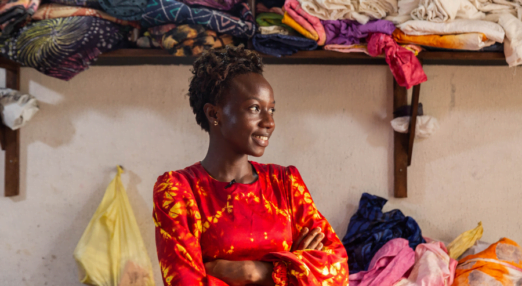
Onwards and upwards: A year of advocacy to tackle gender stereotypes
Senior Advocacy Advisor, Sini Maria Heikkila, reflects on our recent advocacy work.
Read more
-
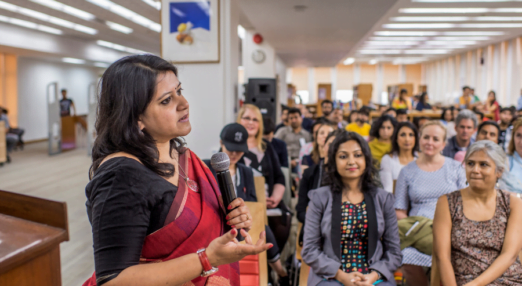
G7 leaders must prioritise women’s empowerment at this year’s Summit
Fundamental changes must be made at a global level and across societies to dismantle the gendered barriers holding back women entrepreneurs.
Read more
-
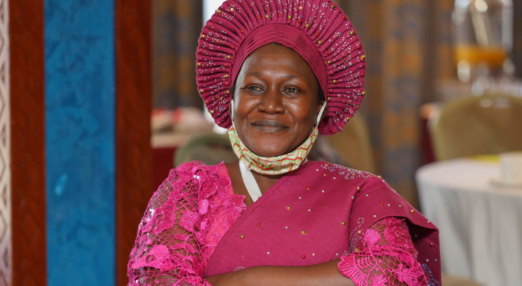
Promising results from G7 Summit as leaders strengthen their commitments to women’s rights
G7 leaders have published a communiqué, with concrete commitments to women's empowerment.
Read more
Pressing for change
We listen to women entrepreneurs. We do research and gather insights from our programmes in low and middle income countries. And we share our evidence to inform global and national policy making processes.
Learn more